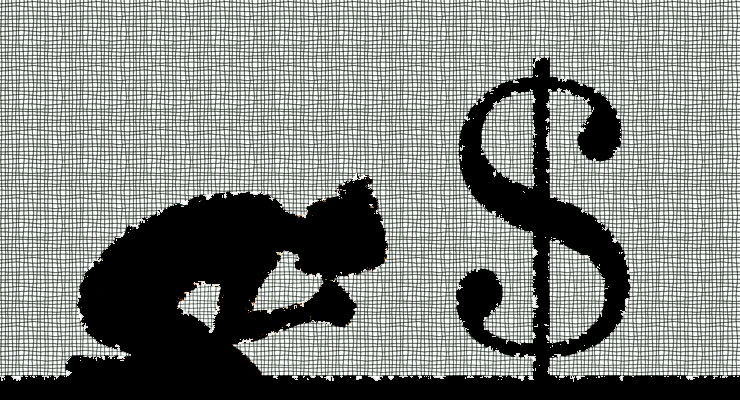
President Emmerson Mnangagwa, wearing his trademark scarf as always, faces mounting difficulties at home and abroad. Zimbabwe is open for business rhetoric is nothing more than a public relations gimmick.
Stalling of much-hyped about re-engagement efforts with Britain the European Union (EU), United States, Paris Club, IMF and World Bank was his worst setback since winning the presidency in 2018. It was not primarily the divided opposition, which lacks a broad social base, that dealt this blow but denial and comfort on old ways of doing things is the reason why the Harare administration is not taking action and is unwilling to implement political and economic reforms. The Zimbabwe Democracy Economy and Recovery Act amended in 2018 by the US Congress makes it mandatory for political reforms before any sort of relief can be extended to the Mnangagwa’s government.
The US has already imposed a raft of sanctions in the past 16 years, which target officials in the ruling ZANU-PF government, restrict Zimbabwe’s access to the US and global debt markets and block dealings with those involved in the country’s diamond trade. The sooner the Mnangagwa administration understands this reality the better. The decision by the regional block SADC to designate October 25 as an anti-sanctions day throughout the region in solidarity with Zimbabwe is nothing more than a public speaking contest day and a photoshoot circus that will give looters another field day to plunder state resources in the name of fighting sanctions.
Whilst Mnangagwa and his bloated delegation of a reported over 90 personnel wine and dine at the 74th United Nations General Assembly, at home, there is growing disenchantment over unresolved cash and food shortages, two decades of perennial water cuts, up to 18 hours of daily power outages, rising inflation, public insecurity and corruption, as well as resistance to Mnangagwa’s push to fight corruption, and concern about further concentration of power in the president’s hands and his foreign policy, including disputes with Britain, the EU and the United States.
Only by ending attempts by the current administration to permanently make Zimbabwe just as Venezuela, “morally bankrupt” and “undemocratic to the core”, and implement political and institutional reforms is Mnangagwa likely to return Zimbabwe to democratic stability. If he fails to compromise and govern more transparently and inclusively, his never-ending globe-trotting could produce a dramatic new setback for his increasingly autocratic rule.
Following his election victory last year, Mnangagwa sought to accelerate the implementation of his “re-engagement process” with the government sending dignitaries around the world; only for them to return empty-handed and with the same message.”No reforms No relief.” Recently the government-controlled parliament tried so hard to involve itself in the political reform agenda through repealing the draconic Public Order and Security Act (POSA) and replacing it with an even more ruthless Maintenance of Order and Peace Act (MOPA), which awaits presidential approval to become law.
If approved by the executive, MOPA will make it difficult for people to enjoy the right to demonstrate and petition the government and will politicize the military; whilst the mooted constitutional amendments would result in decentralization of government through a new provincial council framework and political order, and strengthening of provincial ministers’ offices and communal Chiefs roles charged with administering the executive-led sponsored terror and looting scheme; and command agriculture programs.
The scarfist movement is losing momentum. It has become even more bureaucratic, corruption is spreading and the government’s management is poor. The president’s social programs are not meeting expectations and have not empowered citizens. In the cities and even in rural areas, where Mnangagwa’s social base has been strongest, dissatisfaction is spreading due to rampant corruption and rising inflation. The Presidential Advisory Council (PAC) established early this year, is unlikely to help Mnangagwa regain lost support. On the contrary, at the grassroots and provincial (state) and local (municipalities) levels, it is perceived as a top-down decision-making structure that reduces any space for political participation not blessed by the president.
Attempt to implement political reforms will be a critical test for Mnangagwa’s administration and democratic processes in the southern hemisphere. If the political opposition is to make broad gains and capture several scarfist territories in rural areas, it must breathe life into the unity pact signed in early 2018, reach consensus on strong single candidates, attract the under-privileged sectors of the electorate and design a convincing national strategy capable of offsetting Mnangagwa’s scarf and his scarfists once and for all.
Leave a Reply